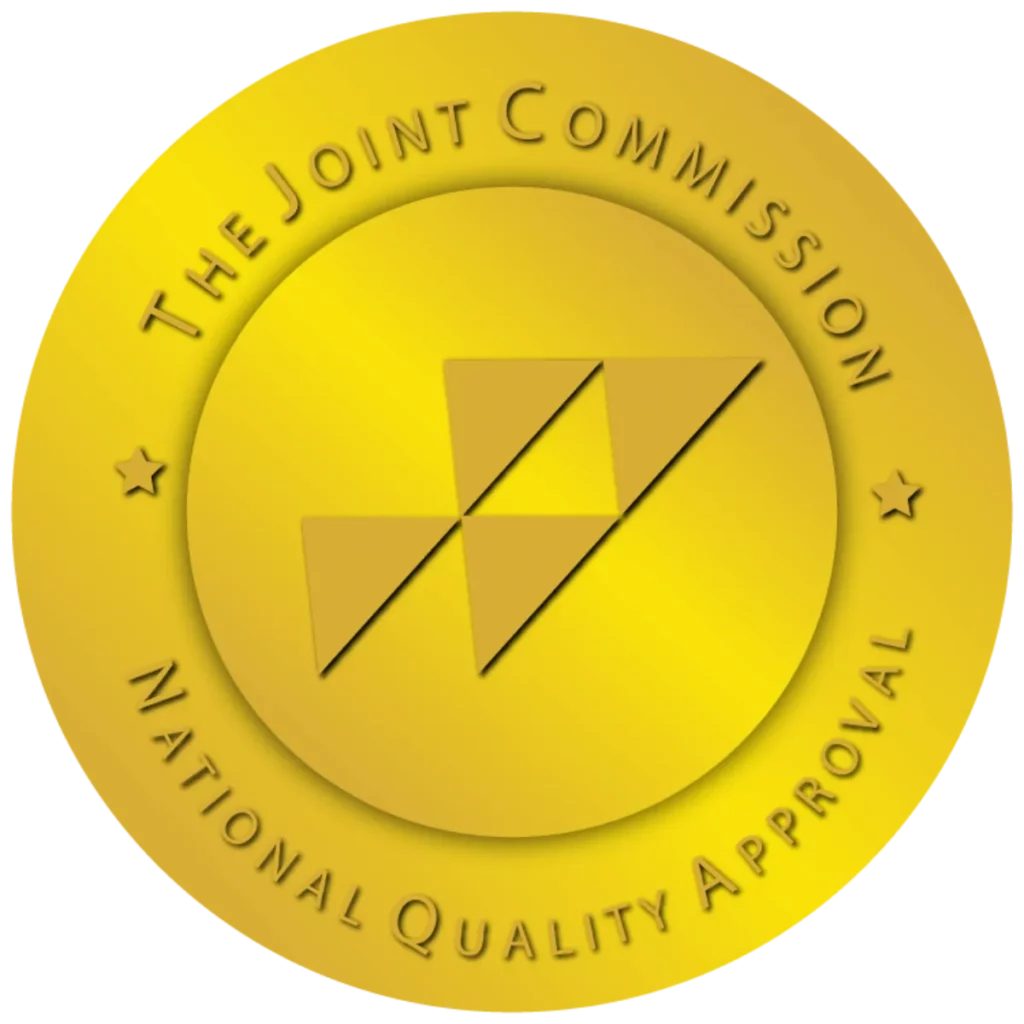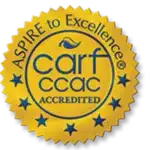Self-fulfilling prophecy is the idea that a thought or expectation manifests itself in an individual’s life because it has been thought by that individual. This implies that thoughts and beliefs can warp our perceptions and since our perceptions make up our reality, our beliefs about the world change reality. If someone thinks they are going to fail their next exam, they usually do because of their belief that they will fail causes stress and anxiety that result in poor test performance. When the results of the failed test come back, their previous internal belief that they would fail the test is reinforced by the very reality that their mind created.
The same process could be applied to drug addiction because the user believes that they cannot stop using the drug they are addicted to and each time they relapse, the relapse confirms their expectations of failure. Their failure to stop using the drug keeps the inner thought that they can never overcome their addiction alive. According to psychology, beliefs can be easily tricked into submission and can be overcome with the right psychological tools like neurolinguistic programming.
Belief has been shown to affect behavior for decades in psychological research. A study by Asch and colleagues showed that when presented with lines of different lengths, the volunteer in the experiment would give a wrong answer as to whether the lines were the same length after 3-4 confederates (researchers in disguise) deliberately gave the wrong answer. This showed that even if someone disagrees with others on an answer and knows their answer is wrong, that individual will still give a wrong answer in front of the group to fit in or because they think they are missing something that the others see. The experimenters coined this as group conformity, something that often gets people who would never touch drugs to try a drug because everyone else in the group is. This also demonstrates the power of beliefs and how once a belief is accepted in the mind, it is very difficult to deter that belief.
However, belief when it comes to addiction can be turned into a positive thing when the drug user adopts the belief that they can and will overcome their addiction. Self-doubt is the enemy of addiction, and it is common for addicts to believe that they cannot fully recover because the cravings experienced during withdrawal warp the mind into a desperate state that creates several beliefs of self-doubt. Cravings destroy the person’s ability to think logically, like strong emotions of depression or anger often do and can translate those warped thoughts into physical actions like a relapse.
Neuro-linguistic Programming offers a possible solution and works by examining the interrelationships between thinking processes, words, and behaviors. This means studying how people communicate internally versus externally, process information, and how people can alter their communication to accomplish goals. People who practice this phenomenon tend to look inward into the mind and observing past experiences with some detachment to see them in as an objective way.
Asana Recovery offers therapies that can alter inner beliefs, like Cognitive Behavioral Therapy (CBT) and individual counseling. The community at Asana Recovery is supportive and understands the real struggles of drug and alcohol addiction. Call (949) 438-4504 to learn more about their treatment programs.





